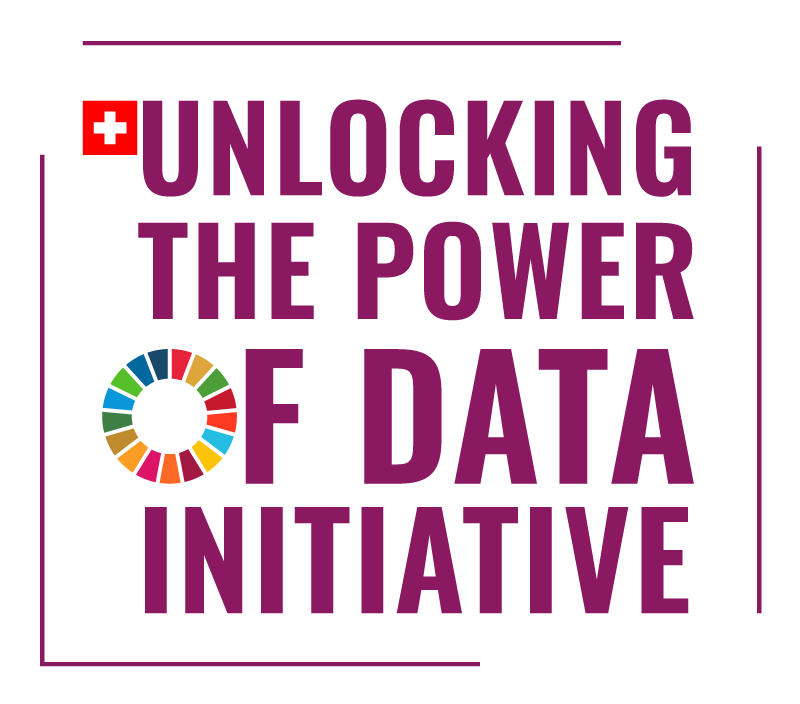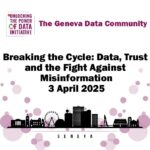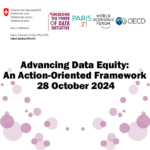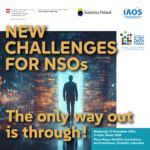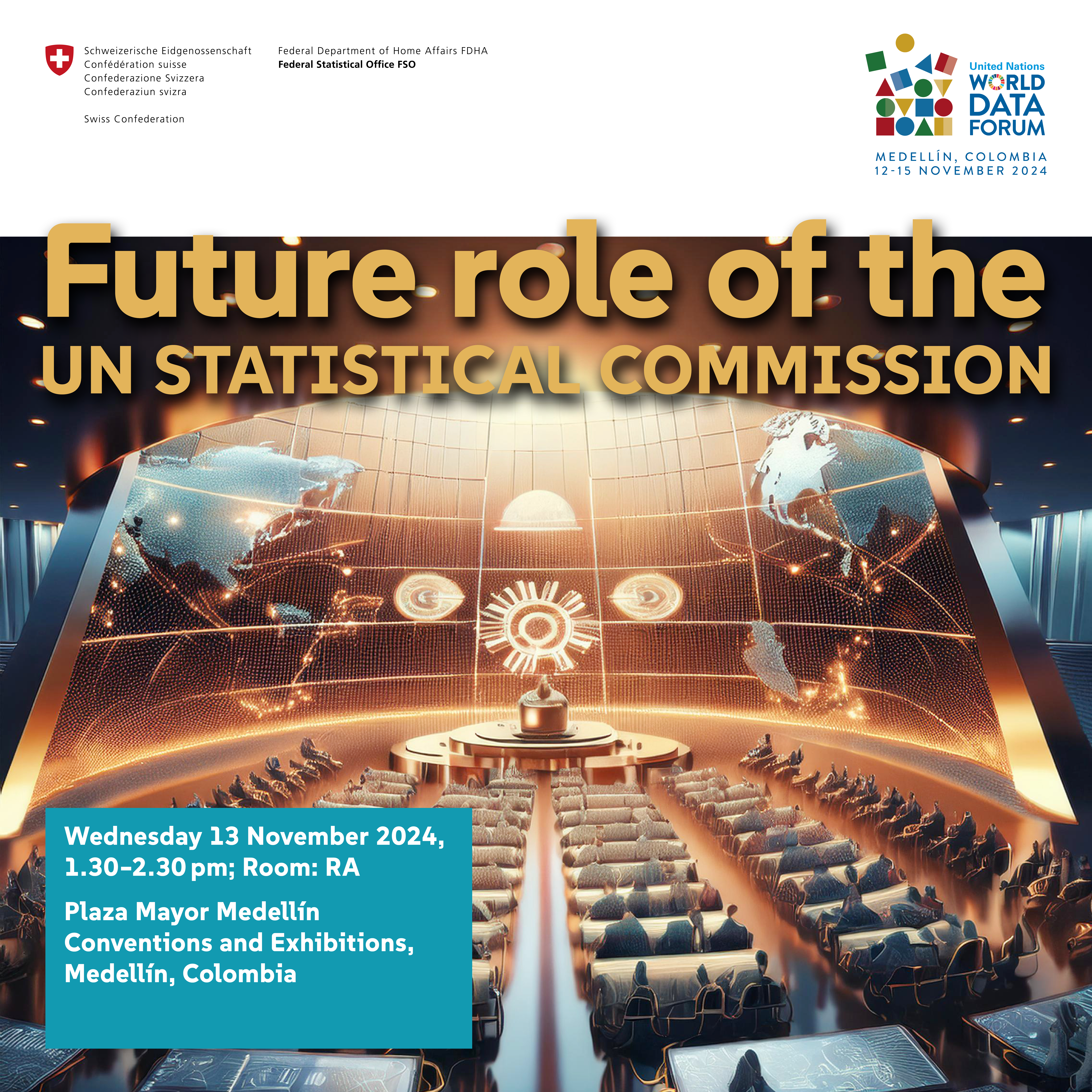Background
Data science is the science of learning from data (or making sense of data), with the aim of gaining insights from data in order to facilitate evidence-based decision-making. Data science covers the entire process of problem formulation, data collection, data selection, data preparation, data analysis, evaluation, interpretation, communication and provision of the findings. At the heart of data science is thus a problem-solving process and a process of continuous improvement that aims to solve complex, unstructured and data-rich problems through the rigorous application of innovative data science methods, techniques and practices. As data science methods include machine learning and the field of artificial intelligence, any discussion on data science must also include the challenges associated with data analytics platforms and data hubs, i.e. secure access to data based on Privacy Preserving Techniques, adherence to FAIR principles, the ability to connect in real time to different data hubs as well as on-demand access to large computational power.
Workstream description
This workstream aims to facilitate conversations centered on practical data science problems (best practices, knowledge exchange, resources and tools) and to foster a culture of sustainable data science methods literacy. The idea is to empower as many actors as possible with the tools to understand evidence-based decision-making.
Logical framework
The “logical framework approach” is an analytical process and set of tools for project planning and management. It involves objective and strategy setting, an intervention logic and is used to implement, monitor and evaluate projects. The initiative’s full framework is available here.
| Unlocking the Power of Data Initiative impact: Decisions and discussions are made and conducted based on facts. |
| Workstream 4 outcome: Data science provides new tools to support and foster evidence-based decision-making. |
|
|
|
|
Partners
Partners will be added as the activities are confirmed.
